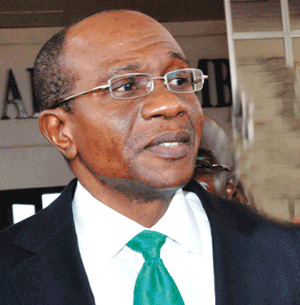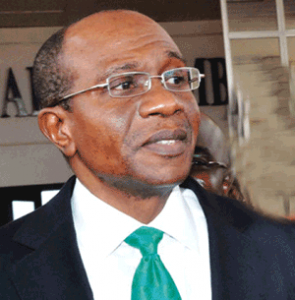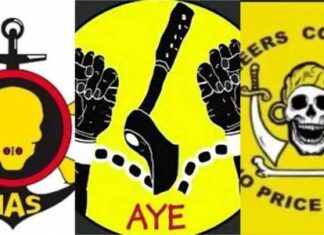Nigeria’s economic health status shows streaks of hope despite low capital imports for second quarter 2015 (Q2:2015), going by data released last week by the National Bureau of Statistics (NBS).
The Central Bank of Nigeria (CBN) has resisted calls to devalue the naira again by another 10 per cent and foreign investors may exit naira-denominated assets to stave off shocks.
Gross Domestic Product (GDP) report for Q2 emphasised weakening economic fundamentals as output expansion pegged at 2.35 per cent, representing 1.61 per cent decline in Q1 and 4.19 per cent decline in Q2:2014.
Job creation report showed 69.9 per cent decline in Q1 and 45.5 per cent decline in Q2:2014.
Analysts at Meristem Securities wrote in an email: “We believe the recent numbers from the NBS will further exert pressure on the apex bank and Monetary Policy Committee (MPC) to allow for relaxation of the current trading rules to lubricate the liquidity channel and thus stimulate FDI and FPI inflows to the real sector and financial markets accordingly.”
They noted that in the light of the fragile economic state, coupled with low oil prices, the government may not possess the resources to fully stimulate the economy in the short term.
“This therefore makes collaborations with the private sector, especially foreign direct investors and portfolio investors, imperative.”
Peoples Democratic Party (PDP) National Publicity Secretary, Olisa Metuh, said the state of the economy is a direct fallout of uncertainty created by the inability of President Muhammadu Buhari to chart a clear-cut economic policy, worsened by abuse of regulations, and violation of the Constitution.
But All Progressives Congress (APC) National Publicity Secretary, Lai Mohammed, riposted that “the period covered by the NBS report is between April and June. The PDP government of Goodluck Jonathan was in office till end of May.
“In fairness, we cannot ascribe the poor performance of the economy in the review period (second quarter of 2015) to the APC government at the centre which assumed governance only in June after being sworn in on May 29.”
Economic indices in the first 100 days of Buhari spanning May 29 to September 5 showed positive indicators that can rebound the economy.
They include steady build up in forex reserves, resumption of production by refineries, accountability for government revenue earnings, plugging leakages in income, bailout for states to pay salary arrears, fight against corruption, and improved power supply.
The foundation for improved power supply was laid by former President Goodluck Jonathan, but the fear of power companies that Buhari may revoke their licence keeps them on their toes.
Forex reserves by August 27 rose to $31.43 billion, up 1.12 per cent from $31.08 billion in July.
Sustained increase in forex reserves will strengthen naira value against the dollar and other hard currencies.
From about N250 to the dollar at the parallel market when Buhari assumed office, the naira exchanged for about N215 on August 28 and has fairly closed the gap between the black market rate and official rate of N197 pegged by the CBN.
Financial analysts said if Buhari plugs leakages in revenue, fixes refineries, provides stable electricity, and manages resources properly, the economy will be fairly good despite the fall in oil prices.














